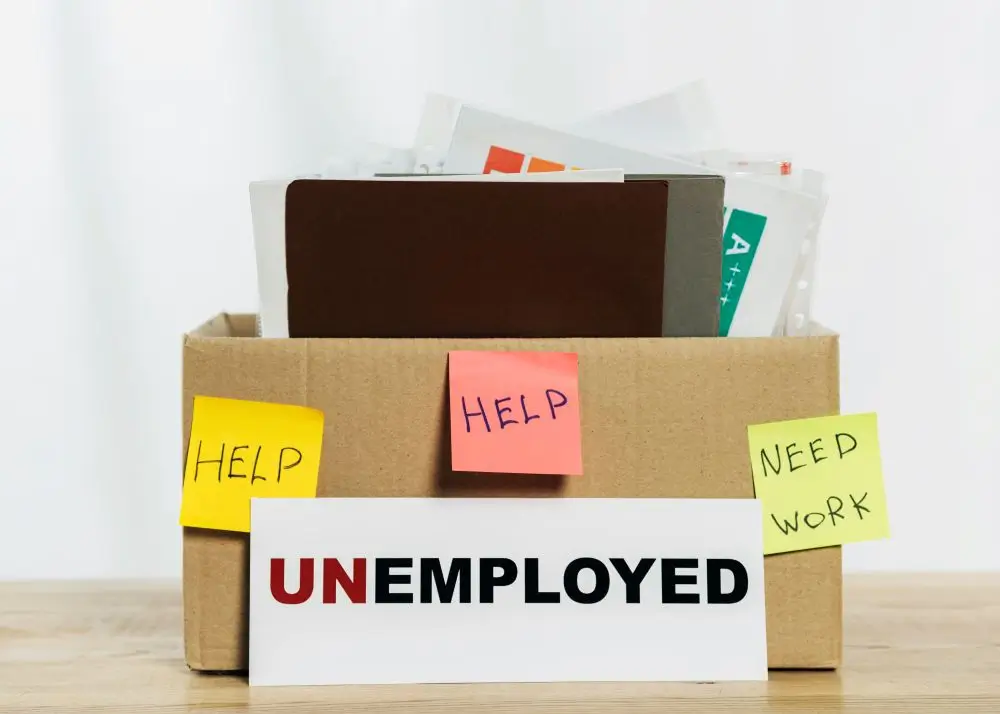
With the start of the summer break, the number of unemployed people in Germany has risen. In July, 2.979 million people were looking for work, 65,000 more than in June, according to figures released on Thursday by the Federal Employment Agency (BA) in Nuremberg. The unemployment rate thus rose by 0.1 percentage points to 6.3 percent. “The economic downturn is increasingly leaving its mark on the labor market,” explained the Federal Ministry of Labor.
Compared to the same month last year, the number of unemployed rose by 171,000, the BA further reported. The rate thus climbed by 0.3 percentage points.
“Companies remain very cautious about reporting new jobs, and employment subject to social insurance contributions is hardly increasing,” explained BA head Andrea Nahles. In July, 628,000 job vacancies were reported to the BA, 75,000 fewer than a year ago. The agency’s job index, an indicator of demand for personnel, fell in July.
According to BA projections, the number of employees subject to social insurance contributions fell by 16,000 on a seasonally adjusted basis from April to May. Compared to the previous year, it was 24,000 higher at 34.91 million employees. The increase is therefore exclusively attributable to people of foreign nationality. This is “a sign of successful integration,” the ministry explained.
Short-time work (Kurzarbeit) benefits were reported for 39,000 employees in July. The Federal Employment Agency has current data on actual utilization up to May: According to preliminary extrapolated data, short-time work benefits were paid to 218,000 employees that month. This was 12,000 fewer than the previous month, but 27,000 more than in May of the previous year.
Federal Labor Minister Bärbel Bas (SPD) stated that "targeted stimulus for investment and employment" is now needed, she said. The economic downturn is hitting industry particularly hard. "At the same time, however, we see that in many areas – such as healthcare, nursing, and the service sector – employment is remaining stable or growing." The course has been set: "With investment boosters and major infrastructure measures, we are laying the foundation for securing jobs and creating new ones," Bas explained.
Employers' Association President Rainer Dulger called for a "reset" in labor market policy. Placement must be at the top of the labor market policy agenda, explained the President of the Confederation of German Employers' Associations. The work of the Federal Employment Agency and the central labor market policy instruments must be consistently aligned with this goal again.
The citizen's benefit (Bürgergeld) must once again be "a bridge to employment." This isn't just about sanctions. Those who work must have more net income from their additional income. The government must address the "explosion in social security contributions," Dulger demanded, arguing that the high contributions are a "barrier to employment." The DGB Bavaria, on the other hand, called for a strengthening of training and continuing education.